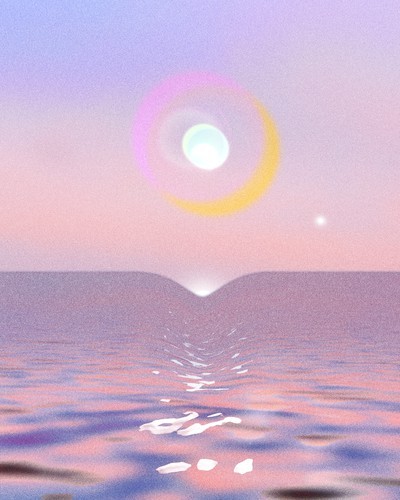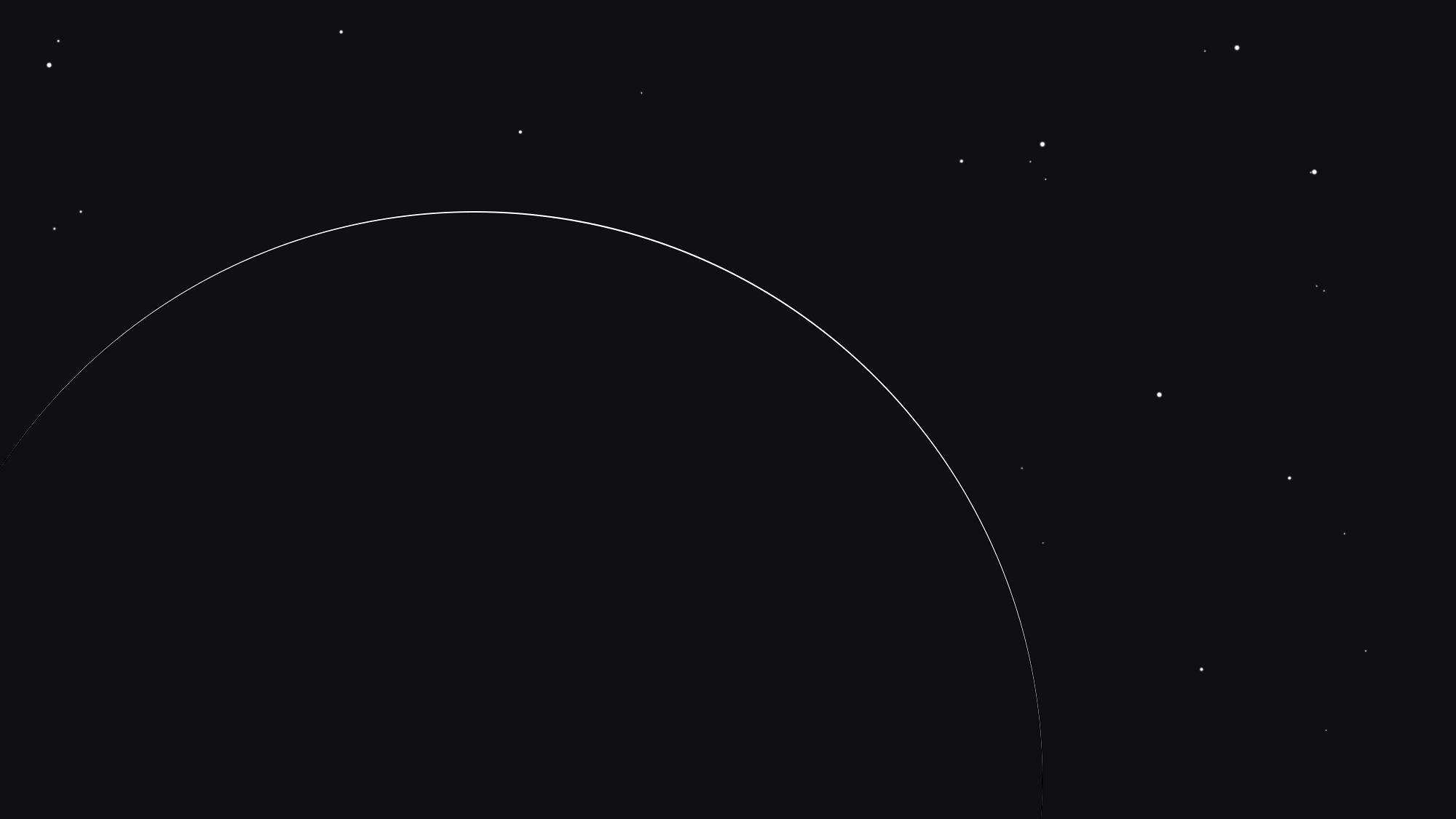The Knausgaard Book That Deserves More Attention
5 min read
This is an edition of the Books Briefing, our editors’ weekly guide to the best in books. Sign up for it here.
Karl Ove Knausgaard is a strange kind of literary star. He’s globally famous even though he writes in his native language, Norwegian, which only a few million people speak. He’s not even the most popular Norwegian writer. That might be Jo Nesbø, who churns out mysteries featuring the grizzled detective Harry Hole. Knausgaard isn’t that country’s most critically acclaimed author, either; Jon Fosse just won the Nobel Prize for literature last year. Although Knausgaard is prolific and nakedly confessional, so is Vigdis Hjorth, whose family-exposing novel Will and Testament catapulted her to tabloid fame. But Knausgaard’s status is singular. His six-volume, multi-thousand-page work of autofiction, My Struggle, was a bona fide worldwide phenomenon. Since completing that mammoth project, he’s written, among other things, a quartet of books named for the seasons and a set of novels that follows what happens when a foreboding star suddenly appears in the sky. Lev Grossman wrote for us this week about the newest installment in that series to appear in English, The Third Realm, calling it “maddening but enthralling.”
First, here are four new stories from The Atlantic’s Books section:
- You are going to die.
- Yuval Noah Harari wants to reclaim Zionism.
- The journalist who cried treason
- The Enlightenment is just one side of the story.
This is a good moment for me to say I’ve long been a Knausgaard skeptic. I’m put off by his tortured relationship to masculinity and domesticity, and though I can appreciate how distinctive his long-windedness is, he can be a slog to read. I’m also not convinced of the artistic value of his edgy titles: My Struggle is named for Hitler’s manifesto, and, as Grossman points out, The Third Realm is a bit of a sanitized translation. In the original Norwegian, the Nazi allusions are even more in-your-face—Min kamp tracks even for English speakers, and Det tredje riket usually means “The Third Reich.”
But one of Knausgaard’s books knocked me flat when I first read it: So Much Longing in So Little Space, about the Norwegian painter Edvard Munch. In the fall of 2017, despite my cynicism, I went to an exhibition in Oslo of Munch’s work, which Knausgaard had curated. Munch is most famous for The Scream, but his fame, and that particular painting’s notoriety, means people rarely see the artist, Knausgaard has argued.
Many of the pieces that Knausgaard selected for this reintroduction to Munch had never been displayed publicly before. The exhibition was arranged as a journey into the man’s soul: The viewer was first greeted by light, bright, and colorful depictions of the world that surrounded the artist; then the paintings became darker and more introspective. Munch’s work is intensely psychologically vulnerable, a vivid collection of mundane images—girls on a bridge, cabbages in a field, a man standing above the Oslo fjord—that are made unfamiliar through his gaze. The exhibition’s penultimate room was full of paintings of vampiric women and broken relationships, works that showed Munch’s anxieties, his jealousies, his self-loathing and attempts at self-protection. In the final space of the show, Knausgaard turned us outward again, herding us into a collection of mostly life-size, full-body portraits. After witnessing the agonies of a man alienated from others, the audience was surrounded by the gazes of people Munch knew, loved, worked for, and lived among. Knausgaard told the Norwegian broadcaster NRK that he wanted people to emerge from the dark room into the embrace of the portraits and cry, which is exactly what I did.
After the exhibition closed, Knausgaard published So Much Longing. In that book, he identifies the long shadow Munch cast over his own career—as another Norwegian man who attempted to buck cultural expectations of Scandinavian stoicism, to express his deep emotions publicly, to record the mundane in a transcendent way—and interviews other artists, experts, and appreciators. He struggles to put into words how, and why, the art moves him; he tries to connect with a man who was, as he writes, “extremely monomaniacal, extremely dedicated, extremely solitary.” It’s a beautiful, searching little book, brief and worthwhile, and it changed how I saw both men.

Knausgaard Gave You All the Clues
By Lev Grossman
In his latest novel, the extreme realist dips into fantasy—and taps into the human hunger for meaning.
Read the full article.
What to Read
Brodeck, by Philippe Claudel, translated by John Cullen
The past is another country, as the famous saying goes. But novels can help us enter territories otherwise closed off to us. In Brodeck, a stranger arrives in a remote French village in the mountains, disturbing the everyday existence of its inhabitants, who have secrets to hide. Brodeck, a nature wanderer who has himself returned to the village after time away, then assembles a “report” on the clash between the world the stranger brings to the villagers and the world they try to force him to accept—a disconnect that creates a dramatic, tragic conflict between the past and the present. But Brodeck’s own experiences outside the community begin to influence the telling of the tale. As the stranger suffers from the clash of two crucially different views of reality, the report becomes an indictment and a record of human folly with political undertones. By the end, Claudel’s novel is a heartbreaking and stunning work of fiction about provincialism and secrets that I think about frequently, unable to escape the unknowable place it documents in such meticulous yet compassionate detail. — Jeff VanderMeer
From our list: Five books that conjure entirely new worlds
Out Next Week
📚 American Teenager, by Nico Lang
📚 Our Evenings, by Alan Hollinghurst
📚 Slaveroad, by John Edgar Wideman
Your Weekend Read

For How Much Longer Can Life Continue on This Troubled Planet?
By Ross Andersen
It is a strange thing that humans do, calculating these expiration dates, not just for life but for stars and black holes. Scientists have even tried to determine when every last fizzing bit of energy in the cosmos will come to rest. We have no obvious stake in these predictions, and at a moment when there are more pressing reasons to doomscroll, they might rightly be called a distraction. I have no straightforward counterargument, only a vague suspicion that there is something ennobling in trying to hold the immensities of space and time inside our small and fragile mammal brains.
Read the full article.
When you buy a book using a link in this newsletter, we receive a commission. Thank you for supporting The Atlantic.
Sign up for The Wonder Reader, a Saturday newsletter in which our editors recommend stories to spark your curiosity and fill you with delight.
Explore all of our newsletters.



